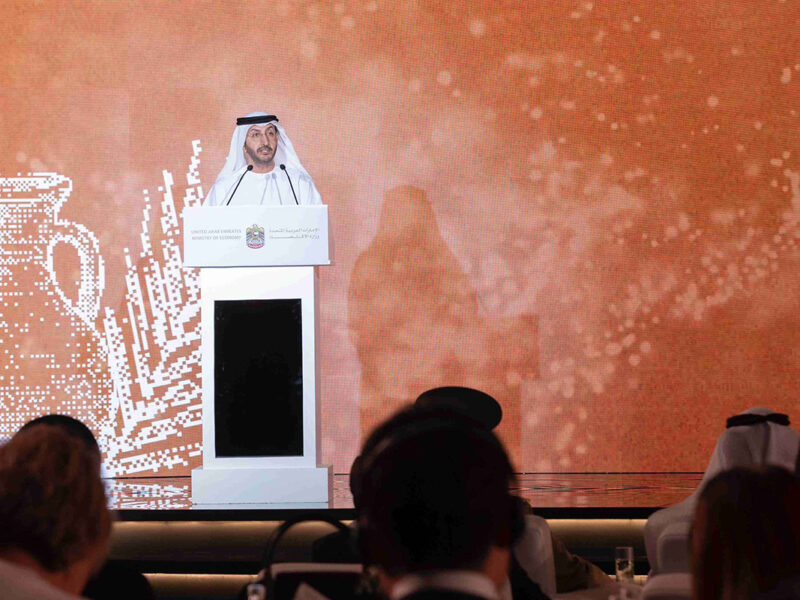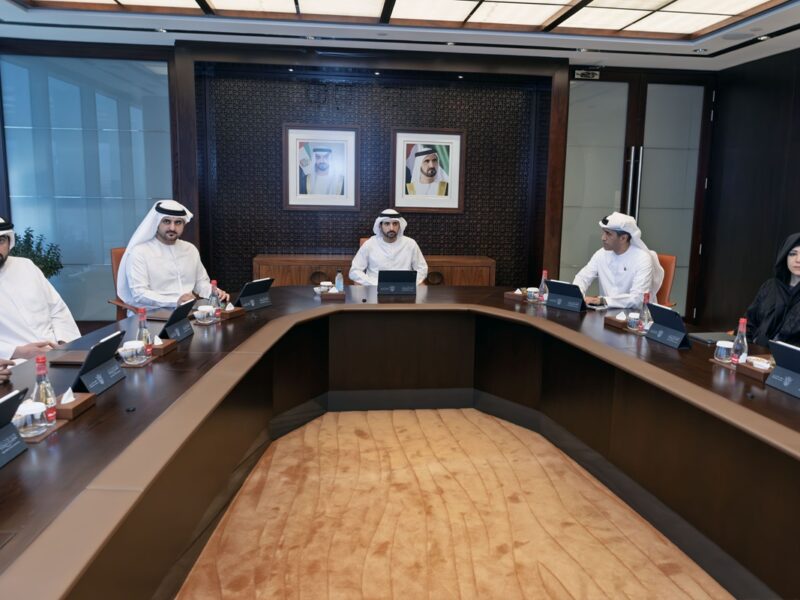The UN organisation, World Food Programme (WFP) is pleading for urgent help as the need for food assistance continues to grow at an unprecedented rate, fuelled by the rising rate of starvation since the Turkey-Syria earthquake, the economic crisis, the war in Ukraine and Covid.
The World Food Programme, a United Nations food assistance humanitarian organisation has been providing meals to countries in need all over the world since it was founded in 1961, relying purely on donations, the organisation is currently facing the threat of cutting costs amid rising rates of starvation and malnutrition.
WFP held a media briefing in Dubai, last week, on the day which marked the 12th year of the Syrian conflict, addressing rising rates of hunger and malnutrition, the need for private sector and government support, the drastic rise in budget requirements, ration halving and the increasing emergency surrounding food assistance in various parts of the world.
“We are at the line of making a choice of who gets food and who doesn’t get food because we don’t have the funding that we need to feed everyone,” WFP regional director for the MENA and Eastern Europe Corrine Fleischer, said.
“After Syria, you had Yemen, after Yemen you had the meltdown of Lebanon, after Lebanon was Ethiopia and you have Pakistan. Now, you have the Ukraine war and Turkey-Syria earthquakes,” she said explaining the rising rates of crisis across the world.
“When you look at the pictures of the Ukraine war and you look at the pictures of Turkey and Syria, it looks the same. It’s complete destruction but one is manmade and one is nature-made,” Fleischer emphasised.

The February 6 earthquakes came at a time when the food prices in Syria were already rising, the standard food items that the WFP uses to track food inflation almost doubled in price with the upward trajectory expected to continue.
The urgent need for food assistance highlighted by the WFP is not only for those affected by the earthquakes but also for those who are already struggling with soaring food prices.
With several negatively impacting conditions in the country, Syria’s wheat production has been slashed by 75 percent.
“When you talk to farmers in Syria, they tell you, ‘thank you so much for having given us food for 12 years, you actually made us survive. But you know what? We don’t want your food, we want go back to the fields, we don’t want to sit idle but we can’t go back because the water canals are destroyed’,” Fleischer recapped her conversation with a Syrian farmer.

World Food Programme needs $450 million for Syrian aid
The World Food Programme urgently requires at least $450 million to continue providing assistance for over 5.5 million people across Syria for the rest of the year. If the WFP does not receive adequate resources, it will have to reduce the number of beneficiaries it serves, leaving millions without food assistance.
“We are at half rations in many countries, now in parts of Syria, we are above emergency level of malnutrition rates. We are running out of funds completely in Palestine during Ramadan” Fleischer explained.
Sara Al Nuaimi, Director of Mohammed Bin Rashed Al Maktoum Global Initiatives (MBRGI) and Guiseppe Saba from International Humanitarian City were also present to discuss the pressing matters.
“We understand, we acknowledge here in the UAE how much the strain is that is put on the infrastructure, on the resources in those countries. We in MBRGI, are keen on providing assistance where it is needed the most, we have been partnering with the World Food Programme for the past few years to make sure aid is supported as much as possible from our side, whether it is in Palestine, Syria or in other countries and regions around the world” Sara Al Nuaimi said.
At MBRGI, one of the main goals, Nuaimi explained is the 1 billion means initiative. Launched on Monday, the campaign is aimed at securing sustainable food aid for vulnerable communities.

The food endowment fund, which will be launched under the campaign is aimed at combatting hunger. It is also aimed at contributing to international efforts aimed at providing food safety for countries struggling with food insecurity.
“Unfortunately, we talk about hunger and famine in countries that are hours away [from the UAE] and we have to acknowledge that the UAE is one of the countries that actually produce a large amount of food waste and we acknowledge that at the government level,” Nuaimi said.
Currently, the UAE is making efforts to reduce the effects of food waste as well as repurposing the food rather than letting it go to landfills which impacts the climate and environment.
Aside from the increasing need for food assistance in affected countries around the world, the cost of transporting food is also increasing exponentially.
“We have the good luck of strong support from the private sector,” speaking in regards to the aid sent to Pakistan, last year, Guiseppe Saba explained that the flights were sent due to the planes made available by Sheikh Mohammed bin Rashid Al Maktoum.
“Frequently, we even use the private jets of Sheikh Mohammed, in addition, we have a very strong partnership with Emirates airlines, they offer free-of-charge space to the humanitarian community,” Saba said, highlighting the importance of having help from the private sector, corporates and governments.

With private sector and other organisations playing a key role in food assistance, the economic crisis affects the ability of these organisations to provide donations and assistance. “We are looking at the economy and are very worried about what’s happening to the economy. If the economy is good, our donors have more money, if the economy is bad, our donors have less money,” Fleischer concernedly said.
The World Food Programme continues to work with donors to obtain the required funding, however, if inadequate, it has to cut the cost wherever possible, a decision that could leave millions of those affected without food assistance.









